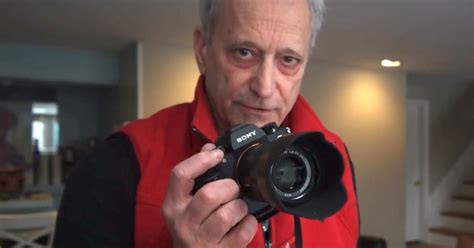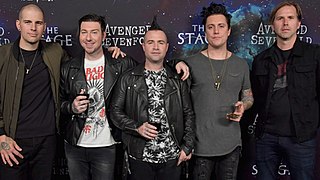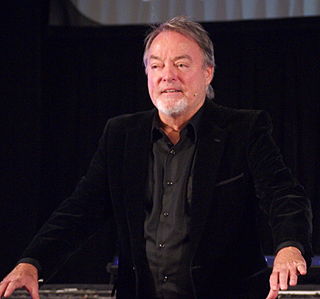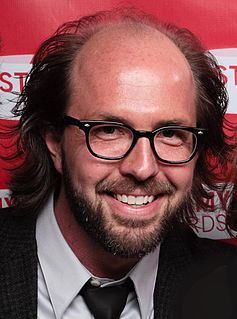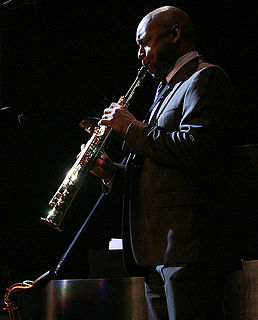A Quote by Garance Dore
My work has gotten a bit strange. I do consulting, and people ask, "Could you give me your opinion on this, and could you take a picture?" And I've been approached by a lot of magazines, but I'm trying to take it slowly. In fact, I'm part of the first generation of photographers who don't have to depend on magazines because we have our own media and everyone sees our photos.
Related Quotes
As an emerging photojournalist in the early 70s, my focus was on trying to create stories for magazines to the exclusion of almost everything else. I wish someone had told me then that the most personally important pictures you’ll ever make are those about you and your life. I’m glad I had the chance to work for some great magazines, but I really miss those little everyday images, the ones that take place in and around your own life, which will never make the news. Don’t sell yourself short: photograph your own life, not just everyone else’s.
Every generation has a changing of the guard in media. We do the same stuff that everybody else does, but we just do it differently. We do our content online differently. We do our magazines differently. We do our TV differently. We never had anyone tell us how to do magazines, so we just developed it in a different way.
When you're first-generation money, you want to say, "I got a Mercedes and a Rolls and a Lamborghini. Take a look." When you're second-generation money, you're very quiet behind your country club doors. I think that's why people are much more aware. It's the first-generation wives that have the huge rings and the second-generation says, "Everyone be quiet as we get on our yacht or our private plane."
Whether your life is happy or not is your own choice.
Many people think I can't live a normal life because
I don't have arms or legs.
I could choose to believe that and give up trying.
I could stay at home and wait for others to take care of me.
Instead, I choose to believe that I can do anything,
and I always try to do things my own way.
I choose to be happy.
I am happy because I am always thankful.
When we give up dieting, we take back something we were often too young to know we had given away: our own voice. Our ability to make decisions about what to eat and when. Our belief in ourselves. Our right to decide what goes into our mouths. Unlike the diets that appear monthly in magazines or the thermal pants that sweat off pounds, unlike a lover or a friend or a car, your body is reliable. It doesn't go away, get lost, stolen. If you will listen, it will speak.
How do you get into magazines? How can you get on TV or in your local newspaper? What can you do so others will take notice of your art? When I was first trying to get noticed, all of these questions went through my mind. After a lot of trial of error and a lot of reading, I began to understand the world of public relations.
I see a lot of people who have amazing stories but have been told that their work, their lives, and their stories and not the stuff of literature. Or they're first-generation college student, first-generation American, and their family just doesn't understand the art world. They have a lot of guilt. "We came all the way from [wherever] so you could do this?" Those people may not be showing the moxie, but that's because they don't even know what's possible. So I want to jump in and say, "Actually, your story is amazing, and I believe in you.".
There are times it's the only thing I want and I wonder how I'll ever go back to the world of noise and distraction. Other times, silence allows me to hear what's really going on in my head. Part of the reason we're on our phones or watching television or reading magazines is to give our heads something else to listen to other than our own thoughts.
In the long run magazines can't be a convenience play - the Web has stolen that. So magazines have to be high fidelity - a fantastic experience - to thrive. Magazines will survive the Internet age, but only the ones that give people an experience they just can't get anywhere else. A magazine will have to be truly loved to make it.

